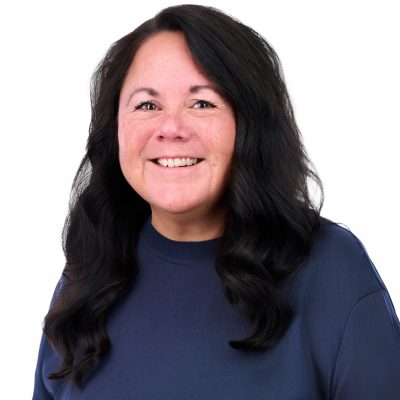Kim van der Woerd (ʼNa̱mǥis First Nation)
Dr. Kim van der Woerd (ʼNa̱mǥis First Nation) on Measuring the Right Things
An excerpt from the Indigenous Insights podcast (Season 1, Episode 12)
This interview was originally released on May 15, 2023, and the excerpt has been edited for clarity.
There’s the scientific method underpins the research that happens in the departments of psychology throughout North America. And it was a real process of unlearning that. It was very difficult – I was the only Indigenous person in my program and the level of racism – epistemically, physically, spiritually – that I experienced was very difficult. Completing my PhD program was a challenge, but the act of doing research in that way from a positivist paradigm came naturally to me. I understood hypothesis testing and statistics. I really enjoyed the actual application of statistics (maybe not so much the courses).
So it was a real process to let all of that go. And that came with time: to recognize that the story that you tell from a positivist paradigm, from a social science structure and framework, is not the story that our communities want to hear. Very early in our work, we had one case where we were working with a client. We were so determined that the report had to have your introduction, methods section that describes all your statistical techniques, your findings laid out according to your hypothesis, and your conclusion and discussion. We were so convinced that that was like the perfect evaluation, and the client came back and said, “This isn’t useful to us.” And we thought, Yes it is, it’s useful. And they said, “No, it’s not, this is not going to resonate with our community.” We had ANOVA analysis and t test and post-hoc analyses and we had all of this stuff and they said, “It’s just not telling our story.” And it was like a watershed moment for us. We were like, Wait a minute. There are other ways of doing this. And that changed a lot for us.
I think another incident in that journey was this. We did a lot of training and evaluation in the early days when we were providing training in communities. One time we were in community and we were talking about how Indigenous people are on the negative end of every spectrum. And this one young human stuck their hand up. They were still in high school and they said, “Well, maybe you’re measuring the wrong things.” And again, that was another watershed moment for us to think: Wait a minute – in all of the metrics that we’re looking at in a standard evaluation or epidemiological research, maybe we’re looking at the wrong things for Indigenous people. So there were some really pivotal moments that facilitated the recovery from social science and really uncovering the Indigenous methodologies within us.
Invitation to Thought
Kim tells an important story in which an evaluative viewpoint based on deficiencies is overturned when a young person tells her, “Maybe you’re measuring the wrong things.”
- What are some of the wrong things?
Later in the interview, Kim indicates that beauty, integrity, tenacity, creative, innovation, joy and humour might be some of the right things to measure for Indigenous people.
- What other aspects might be the right things to measure?
- How might you make room to measure these?

